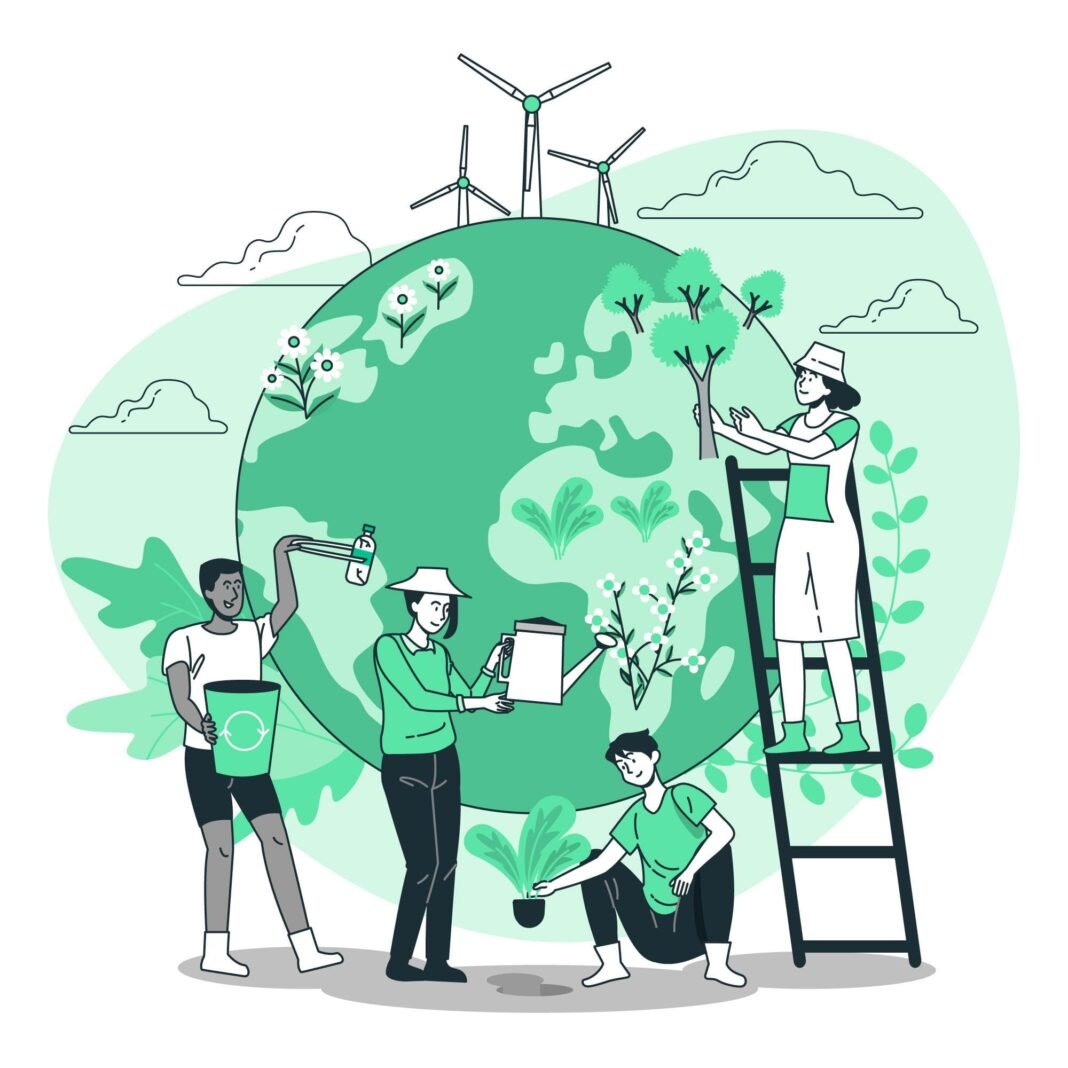In an era of significant global transformation, sustainable development has emerged as a fundamental element in fostering contemporary international collaboration.
On April 11, 2025, this principle was prominently featured in discussions between Pakistan’s Minister for Petroleum, Ali Pervaiz Malik, and Joe Moir, Development Director of the British High Commission.
As both nations confront a future threat by increasing energy demands and climate challenges, the dialogue underscored fresh opportunities to strengthen bilateral cooperation in the petroleum and energy sectors, with sustainability serving as a guiding principle.
Establishing a Strategic Energy Partnership
It is widely recognized that the world is experiencing a significant energy transition.
The challenges posed by climate change, escalating consumption, and the urgent need to decarbonize economies have prompted countries to reevaluate their conventional energy frameworks.
Indeed, the meeting between Malik and Moir was not only timely but also essential.
Ali Pervaiz Malik reaffirmed Pakistan’s dedication to overhauling its energy framework. He stressed the government’s commitment to enhancing energy security, increasing efficiency, and fostering innovation through international partnerships.
The United Kingdom, renowned for its advanced energy technologies and leadership in sustainability, is viewed as a vital ally in assisting Pakistan in achieving these objectives.
In response, Joe Moir highlighted the UK’s readiness to provide not only financial support but also expertise.
“The UK is eager to work with Pakistan to tackle energy challenges through innovation and investment,” Moir remarked, reiterating Britain’s commitment to developing long term institutional capacity and economic resilience in its partner countries.
Aligning Energy Strategies with Sustainability Objectives
A significant focus of the meeting was Pakistan’s ongoing reforms in its liquid fuels sector. Malik pointed out that these reforms are part of a larger initiative aimed at achieving sustainable development goals.
The emphasis is transitioning from merely increasing access to fossil fuels to developing energy systems that are cleaner, more intelligent, and adaptable.
In this regard, British expertise could play a crucial role. The UK has achieved significant advancements in clean energy technologies, including offshore wind, smart grids, and hydrogen fuels.
By incorporating these innovations into Pakistan’s energy framework, both countries could collaboratively progress towards a more sustainable future.
Furthermore, discussions between the two nations included the necessary regulatory enhancements and policy structures to attract private investment.
It was recognized that investment not aligned with long term sustainability represents a lost opportunity.
Consequently, every collaborative initiative proposed was anchored in a mutual vision of economic development that honors environmental limits.

Avenues for Collaborative Ventures and Innovation
While political goodwill and policy dialogues are essential, tangible progress is often realized through practical collaboration.
Therefore, the meeting also addressed the establishment of joint ventures and the initiation of co-funded projects.
These initiatives could facilitate deeper collaboration, especially in vital sectors such as renewable energy integration, infrastructure enhancement, and technology sharing.
As energy systems evolve to become more decentralized and digitized, innovation must remain central to the bilateral efforts.
Additionally, the meeting underscored the importance of ongoing engagement, marking a transition from one off agreements to enduring partnerships.
Both parties committed to maintaining open lines of communication and operating within the broader framework of the UK-Pakistan strategic partnership.
Enduring Relations with a Focus on Sustainability
It is important to recognize that this recent meeting is not an isolated event. The UK and Pakistan share a long-standing diplomatic and economic relationship that has developed over many years.
By integrating sustainable development into their discussions, the two nations are reshaping their partnership to meet the demands of the 21st century.
This renewed partnership signifies more than mere economic objectives; it embodies a collective duty towards future generations.
Given that the energy sector significantly influences both carbon emissions and social advancement, the consequences of this collaboration are extensive.
Enhanced access to cleaner energy has the potential to directly elevate education, healthcare, and industrial development in the less developed regions of Pakistan.
Simultaneously, the UK’s participation highlights its dedication to international development through responsible and mutually advantageous initiatives.
The focus has shifted from simply providing aid or investment to collaboratively developing solutions that strengthen and promote sustainability for both parties.
A Framework for Regional and Global Collaboration
Although the primary emphasis is on Pakistan and the UK, this alliance could act as a model for other developing nations seeking to expedite their energy transition.
The combination of international expertise, local reforms, and technology driven policy frameworks presents a scalable approach that can encourage wider regional collaboration.
Moreover, such partnerships can enhance global climate objectives.
As nations work towards fulfilling the targets set by the Paris Agreement and other international sustainability commitments, collaborations of this nature demonstrate that geopolitical boundaries need not hinder progress.
Expert Ediorial Comment
The recent discussions between Pakistan’s Ministry of Petroleum and the British High Commission exemplify how diplomacy, when directed towards sustainable development, can produce significant and forward thinking outcomes.
By harmonizing economic goals with environmental stewardship, Pakistan and the UK are not only fortifying their bilateral relationship but also contributing to a cleaner and more resilient global energy landscape.
Through ongoing collaboration, a collective commitment to innovation, and a shared vision for sustainability, this partnership has the capacity to go beyond conventional cooperation.
As Pakistan initiates a transformative energy transition, the backing and common values of partners such as the UK may significantly influence the speed and effectiveness of its shift towards sustainability.

